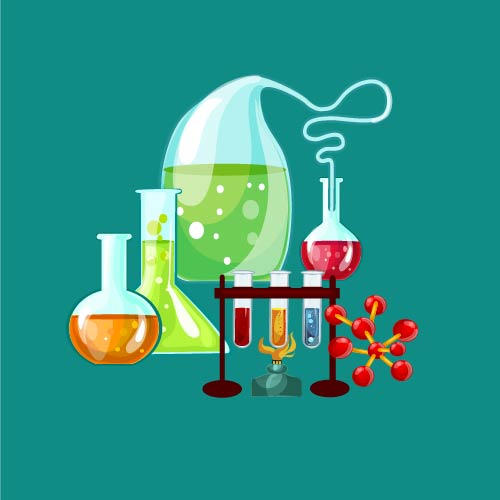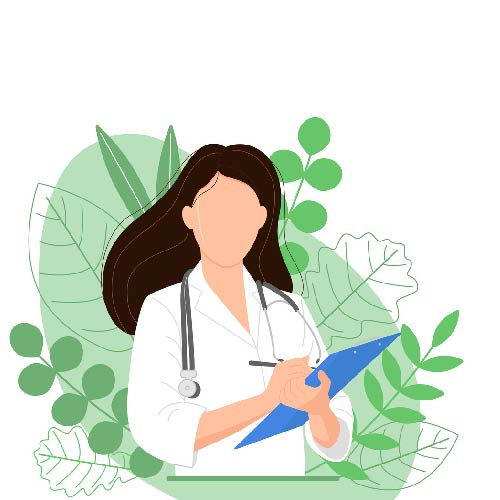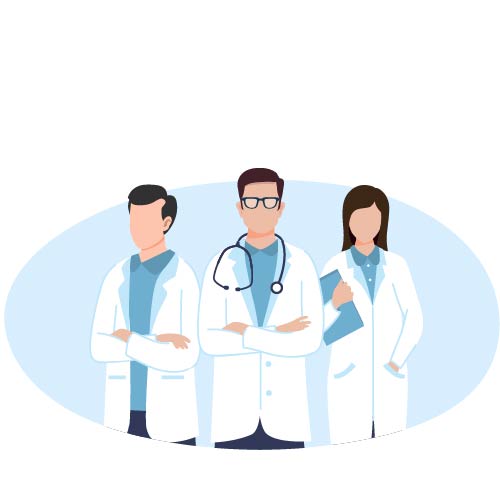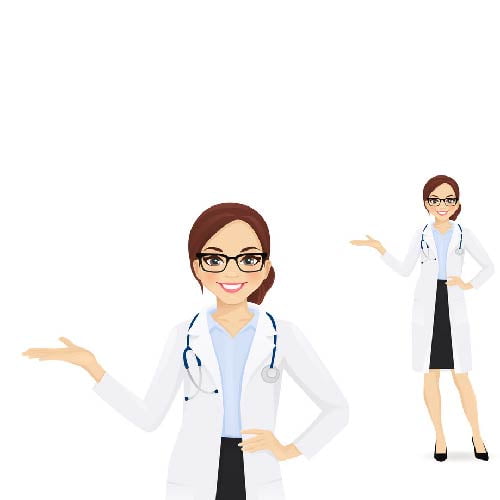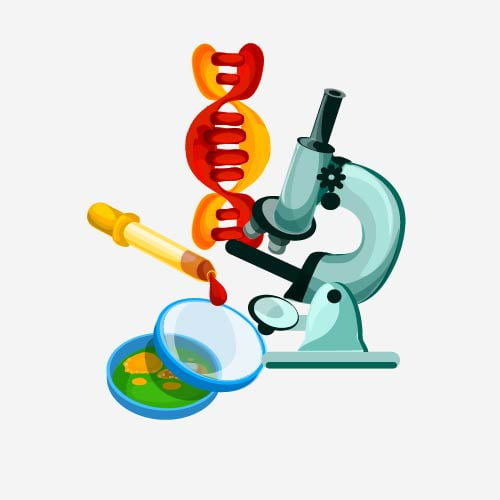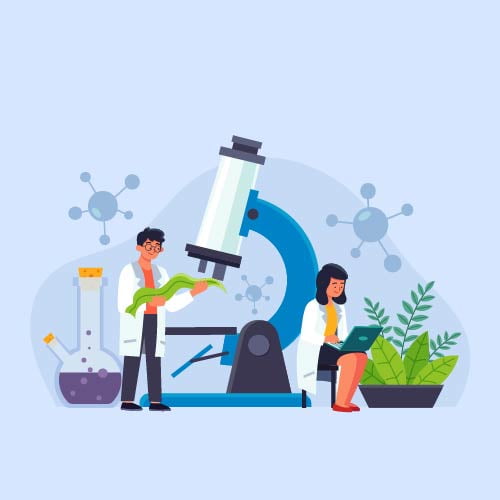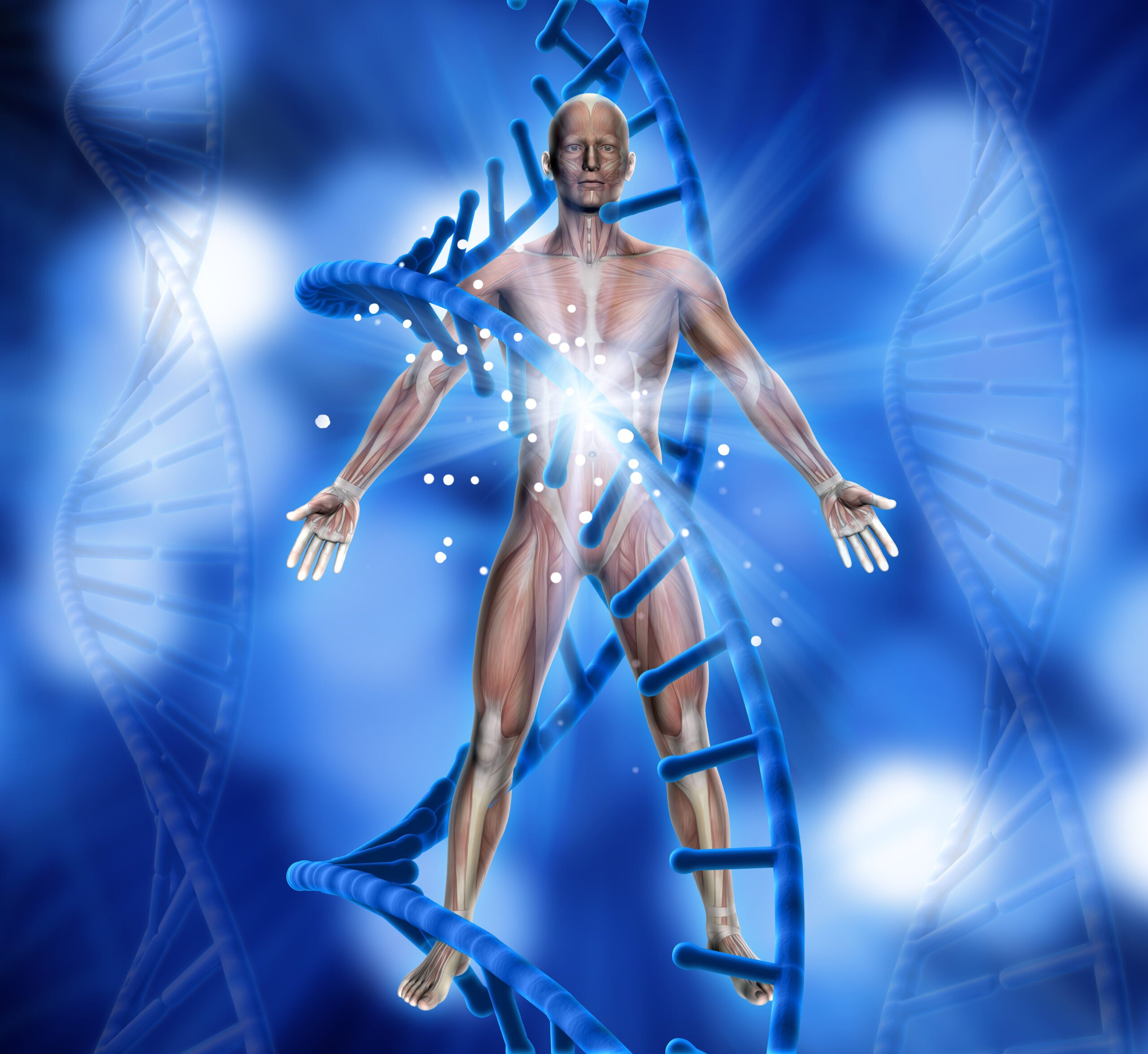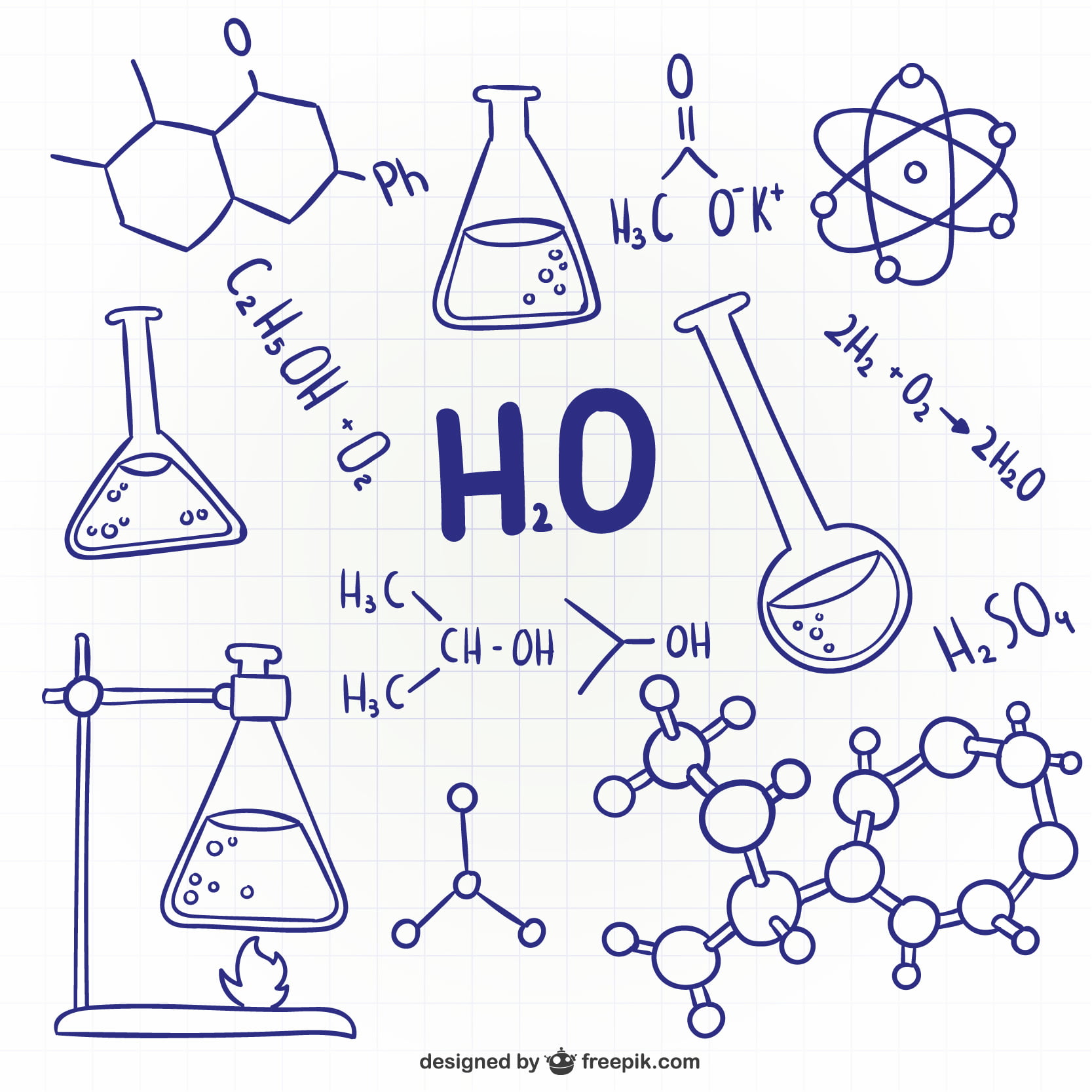
Our Eighth Step list was our practical preparation for working Step Nine. As we go into this step we must remember to stay connected to a higher power and have faith that the previous eight steps have prepared us to work the Ninth Step. Practicing the spiritual principle of love is something we’ve been doing throughout our recovery just by staying clean and sober.
- In those cases, we can make amends in a broader sense by taking actions like donating money, volunteering our time or providing care.
- However, in the context of grief recovery, David Kessler, in his book Finding Meaning, talks about the importance of living amends as a tool for grief healing.
- It’s possible that the other person is unaware of the harm you have caused them, and making direct amends would make them aware and hurt them badly.
- Do not try to attempt to work step nine without a sponsor, therapist, or spiritual advisor.
- An example would be telling someone how sorry you are that you stole from them and actually giving back what you took.
- Step 9 of AA’s 12-step program directs people in recovery to take accountability for actions that may have harmed others and to make amends when possible.
Supporting Continuous Recovery
Yes, we partake in the process to “clean up our side of the street,” but we do not make amends to clear our conscience or undo our feelings of guilt. If someone does not want to hear from us, we respect that and do our best to move forward with our recoveries. Step Nine states that we make amends “except when to do so would injure them or others.” We don’t want our actions to cause further damage, harm or stress. In those cases, we can make amends in a broader sense by taking actions like donating money, volunteering our time or providing care.
- If we hadn’t developed humility in the Sixth and Seventh Steps we’d likely approach our amends with self-righteousness, blame or anger.
- One of her children is killed crossing the street on their own even after telling their mother that they were afraid to cross the busy street alone.
- Prove to those who love you that you are a person of your word, and they can rely on you when things get tough.
- But as we quickly learn, simple instructions aren’t necessarily easy to execute.
- When it comes to making amends to others, there are usually a lot of fears and expectations involved.
- We are seeking accountability for our own actions and holding ourselves to the standards of our own values and our 12 Step program.
Rehab Programs
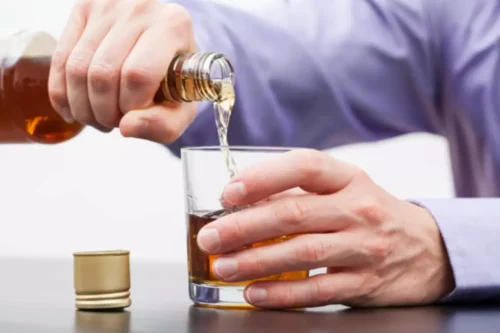
Living amends refers to making promises to the people in your life whom you’ve wronged or who have hurt you. These promises focus on rebuilding your relationship with a loved one and moving forward from the pain of the past. It’s possible that the other person is unaware of the harm you have caused them, and making direct amends would make them aware and hurt them badly.
Recovery Advocacy
Unfortunately, this scenario plays out much too often in the lives of people who didn’t get a chance to correct their mistakes and past behaviors in time. In the 12-step program, making these amends is a core part of recovery, helping to rebuild trust and personal accountability, which are key aspects of the 12-step recovery process. You cannot strip someone else of their agency to choose any more than you can eternally carry the pain of a decision you can’t change. You may be able to find a way to make indirect amends—like utilizing the momentum of old harm and new accountability to make a fresh connection living amends with something that means something to that relationship. Alternately, you can choose to make living amends by actively choosing not to repeat past mistakes in your present world.
- The part of the amends process whereby we change ourselves has an effect on everyone around us and goes on long after we’ve spoken directly to someone we have harmed.
- We proudly offer a Life Skills Curriculum to help young people transition into adulthood.
- Many times, these kinds of promises serve to alleviate the wrongdoer’s guilt and so that they can say they apologized before their loved one died.
- Although human relationships will always be complicated, doing our best to repair the damage restores our self-esteem and helps the other person resolve their hurt around the issue.
At AAC, our team is here to talk with you about getting started with addiction treatment. We can help you understand how to use health insurance coverage for rehab, how to find the right facility for your needs and more. We can also make amends by living very purposefully within the bounds of our principles. For example, if we hurt people with our lying and we cannot make amends without further injuring them, we would make living amends by making a decision to behave and communicate with complete honesty. Join our supportive sober community where each day becomes a step towards personal growth and lasting positive change.
How Will Making Amends Help My Recovery?
Because, based on experience, many recovering individuals have relapsed when they allowed their fears to keep them from doing Step Nine. Dr. Bob, one of our original founders could not stay sober until he went around town and made amends to all those he had hurt. At this point in our step work we may be trudging the road to happy destiny, but we’ve reached the point where we must repair what we left behind us on a path of shattered relationships. As active addicts and alcoholics, we likely lied, cheated, or stole in order to get, use (and hide using) our drug of choice… because addiction creates absolute moral wreckage. Always seek the advice of a physician or other qualified health provider with any questions you may have regarding a medical condition. Never disregard professional medical advice or delay in seeking it because of something you have read on this website.
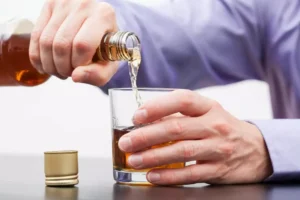
Generally speaking, people work through the Steps of Alcohol Anonymous with an addiction treatment counselor and/or sponsor. You can also turn to AA’s Big Book and Twelve Steps and Twelve Traditions (the 12 & 12) for guidance specific to Step 8. According to The Big Book, the purpose of amends is to admit, take accountability for and address the harm caused. This may involve apologizing and, when necessary, making restitution to a person, or organization. Living amends refers to the ways in which you change how you live your life in recovery or “walking our talk.” These changes affirm your commitment to the direct or symbolic amends you made with others. Living amends represent the long-term actions you will take to remain committed to recovery.
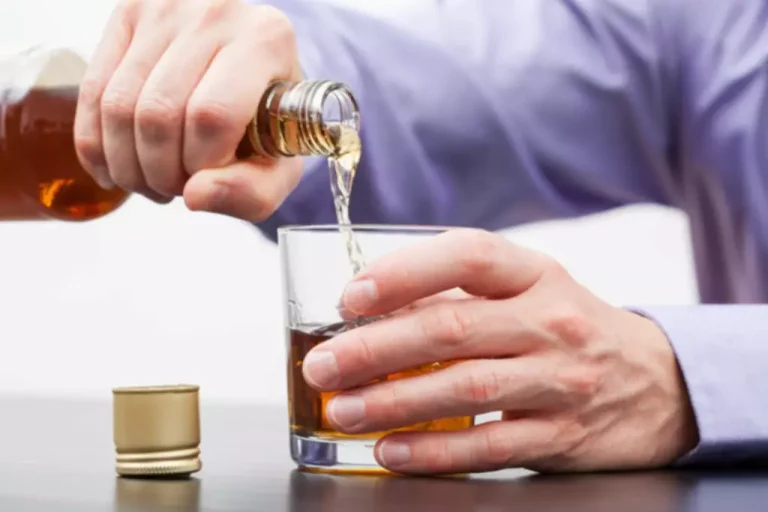
Renewal Center for Ongoing Recovery
Therefore, it isn’t unusual to take multiple runs at a 12-Step program or work to practice the principles lifelong. Willingness and determination to clear away the havoc of our past lives pave the way for our new lives. Talk with your sponsor or others in your recovery community about what has worked for them. If your actions match your intentions and you reach out in person, you are doing the next right thing to right past wrongs. And remember, if you are feeling ashamed about mistakes made and damage done during your using days, you are not your disease.
- With these kinds of promises, there may not be enough genuine intention of changing their hurtful patterns and behaviors.
- Don’t expect immediate forgiveness, and also, don’t pressure yourself to fix every broken relationship immediately.
- If the act of making amends will open old wounds or create new harm, then making direct amends should be avoided.
Work on your relationships

Since I spent years in a boozy haze all sorts of hurts were ignored. Don’t letting putting off making an apology or paying a debt you owe become a bigger problem in the future that could cause you to pick up a drink. On the other hand, if you deal with the situation from the past, then there is no way for it to come back and bite you later. You have dealt with it properly, you’ve kept your side of the street clean, and you’ve put the mistake from the past behind you. John C. Umhau, MD, MPH, CPE is board-certified in addiction medicine and preventative medicine. For over 20 years Dr. Umhau was a senior clinical investigator at the National Institute on Alcohol Abuse and Alcoholism of the National Institutes of Health (NIH).




